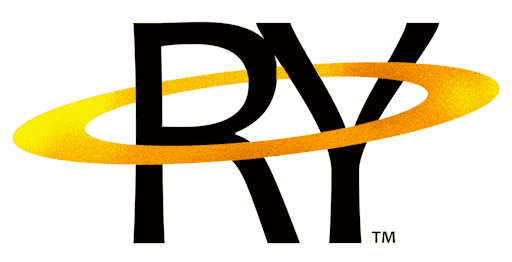When you have a job, tax and National Insurance are deducted from your wage to pay into your State Pension and other benefits. NI is 12% of your wage or more.
You pay National Insurance contributions to build up your entitlement to certain state benefits, including the State Pension. The contributions you pay depend on how much you earn and whether you’re employed or self-employed. You stop paying National Insurance contributions when you reach State Pension age.
What state benefits does National Insurance contribute towards?
- the basic State Pension
- the additional State Pension, sometimes called the State Second Pension
- Jobseeker’s Allowance – the ‘contribution-based’ element
- Employment and Support Allowance – the ‘contribution-based’ element
- Maternity Allowance
- bereavement benefits – Bereavement Allowance, Bereavement Payment and Widowed Parent’s Allowance
- Incapacity Benefit
Source: Direct.Gov
Tools
Message supplied by: Rich @ Respect Yourself


